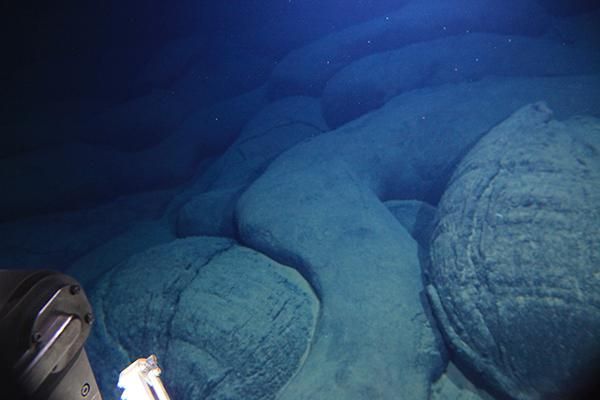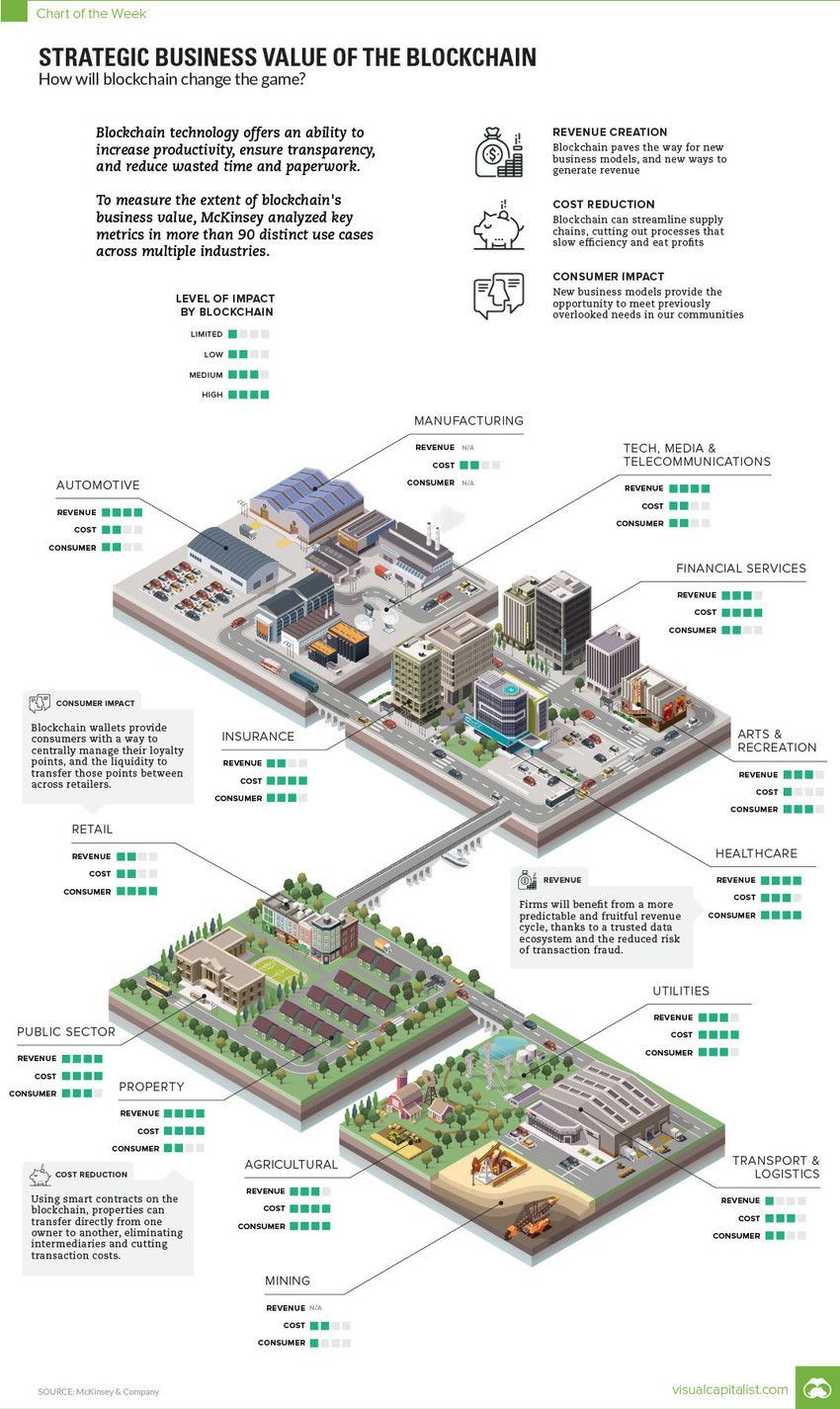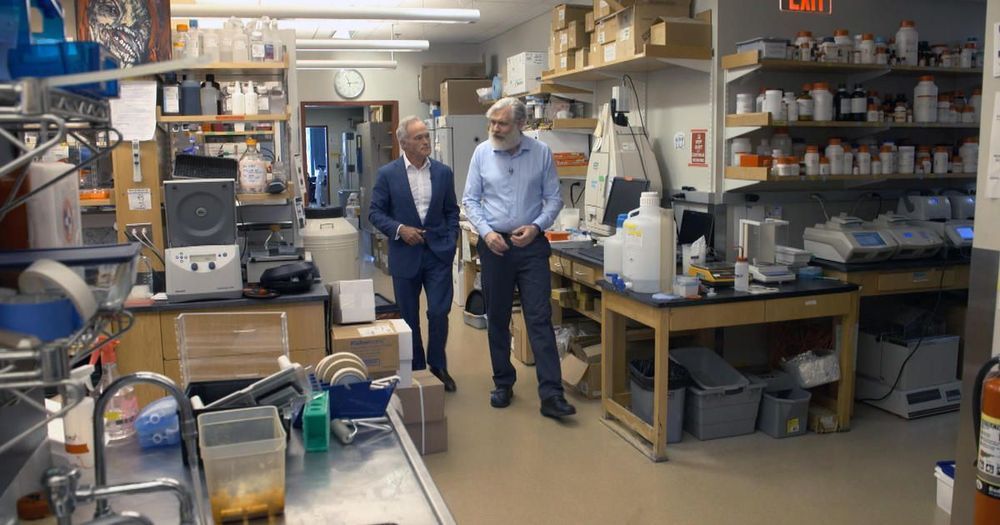The case for creating a United States Space Force is compelling. The United States military’s ability to wage war has become increasingly reliant on satellites. Navigation, reconnaissance, and communications are all handled by space assets. The world economy has become dependent on space satellites. The Internet consists of servers throughout the world linked by satellite constellations. Knock out those satellites and commercial companies’ ability to do business becomes seriously compromised. The space version of Pearl Harbor could reduce the United States to developing-world status in a single blow.
China and Russia, the main enemies of the United States in a potential conflict, are busily developing weapons systems to destroy America’s space infrastructure. Indeed, remote jamming may well do the job without resorting to a direct strike. The potential for jamming is a reason why Pence mentioned the development of jam-proof satellites in his speech. In all, Pence proposed an investment of $8 billion in new space systems during the next five years. The money is likely to be just a down payment for creating a new military branch that would achieve President Trump’s dream of achieving American space dominance.
The idea of a United States Space Force brings science fiction visions of American military personnel doing battle against an enemy in space. Indeed, the joke that has become common on social media is that President Trump is proposing to create nothing less than Star Fleet, the organization made famous in the Star Trek franchise of movies and TV shows.









